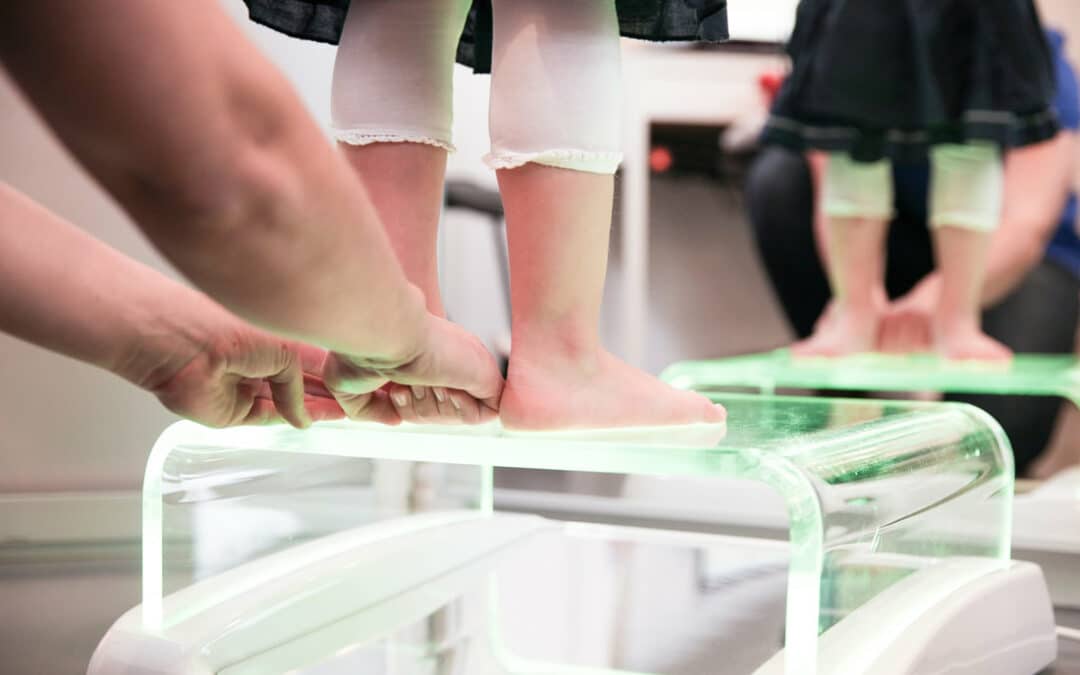For a child, living with physical challenges can be difficult. Their minds are not mature enough to comprehend the situation fully. Your job as a parent is to help them deal with their difficulty to the best of your abilities. Prosthetics and orthotics can improve a child’s life immensely.
Injuries, accidents, and birth defects are just a few of many reasons why children suffer physical difficulties. With some help from a prosthetist/orthotist, your child might be able to regain their mobility 100% and enjoy life to the fullest. But how do you pick the right medical professional?
Whether your child needs an orthopedic brace or an artificial limb, you need top-notch quality. Today, we’re going to give you a short introduction to prosthetics and orthotics and talk about:
- What prosthetists/orthotists do
- What qualifications they have for the job
- How to pick the right prosthetist/orthotist for your child
First, let’s talk about…
What Does a Prosthetist/Orthotist Do?
A prosthetist is a person that treats and works on improving the movement of people with missing limbs, muscle disabilities, and injuries like burns and fractures. An orthotist is a medical professional that makes and fits braces for people who have body parts weakened by injuries.
These healthcare professionals treat a wide variety of patients, for instance, children born with cerebral palsy, people who have had a limb amputated after an accident, and people who experience muscle weaknesses after sustaining an injury.
Both prosthetists and orthotists usually do the following:
- Interview and evaluate patients to determine their needs
- Design prosthetics and orthotics for their patients
- Adjust, repair, and replace devices if needed
- Show their patients how to take care of their devices
What Qualifications does a Prosthetist/Orthotist Have?
Medical professionals that are certified in both disciplines are called Certified Prosthetists Orthotists, or CPOs for short. An average CPO usually leans toward one of the two disciplines. However, to give your child comprehensive care, they need training in both disciplines.
Prosthetists/orthotists rarely work alone. In most cases, they’re a part of a team that includes CPO assistants and technicians. The rest of the team is there to help the experts construct, fit, and adjust the patent’s prosthesis and orthotics.

What Should You Ask Before Choosing a Prosthetist/Orthotist?
To find out whether a medical professional is right for your child, you need to talk to them, make sure they have all of the right credentials, check what’s their experience, and how much they charge. Here are a few questions to ask before choosing a prosthetist/orthotist.
What Are their Qualifications?
While researching local clinics, you should always start by looking at the staff and their credentials. Prosthetics/orthotists usually work as a part of a large team, so in addition to checking their education and experience, inspect the rest of the staff. Potential team members can include physical therapists, cancelers, nurses, and even dieticians. Different patients have different needs and you need to make sure that the clinic will be able to give your child the help and care they need.
How Much Do They Charge?
Healthcare in the United States can cost you a lot of money. Just last year, Americans spent $1.3 trillion on hospital bills. A checkup from a prosthetist/orthotist will come with a bill, so before you bring your child in, make sure that you can cover the costs. If the costs are high and you have private health insurance, make sure to check whether you can get your money back. Also, keep in mind that professional prosthetics and orthotics are an ongoing cost, so make sure to discuss your payment options with the clinic.
What’s the Location of Their Clinic?
When searching for clinics, the first thing you need to find out is the location. No matter how good the prosthetist/orthotist is, you don’t want to spend a couple of hours stuck in your car to go for a routine checkup. In an ideal situation, you should pick a local clinic. Of course, if there’s no local clinic specializing in prosthetics/orthotics, you should look for one closest to you. Also, if you want to get the best care for your child, go with a private clinic.
When Can You Make an Appointment?
If the clinic and its staff seem reputable enough, if they’re in your price range, and are located near you, ask when you can make an appointment. In certain cases, when the doctors are well-respected and sought-after, you might have to wait for a couple of days. According to a 2017 study, on average, patients wait 6 days until they can see their doctor for a checkup. More often than not, you’ll be placed on a waiting list for a few days before you can see the doctor.
Does Your Child Need Prosthetics and Orthotics?
The role of a good doctor isn’t just to design prosthetics and orthotics for the patient but to monitor their progress, provide therapy, and help them overcome their difficulties.
Here, at Align Clinic, our experts in prosthetic and orthotic care will come up with custom designs for your child and help them overcome their problem.
As we mentioned before, the best way to see whether a clinic is a right choice for you is to visit it and inspect it. To determine whether Align Clinic is the right choice for you, why not visit us?
If you’re looking for prosthetic and orthotic care in Wisconsin, contact our office, set up an appointment, and have a talk with one of our many experts.




